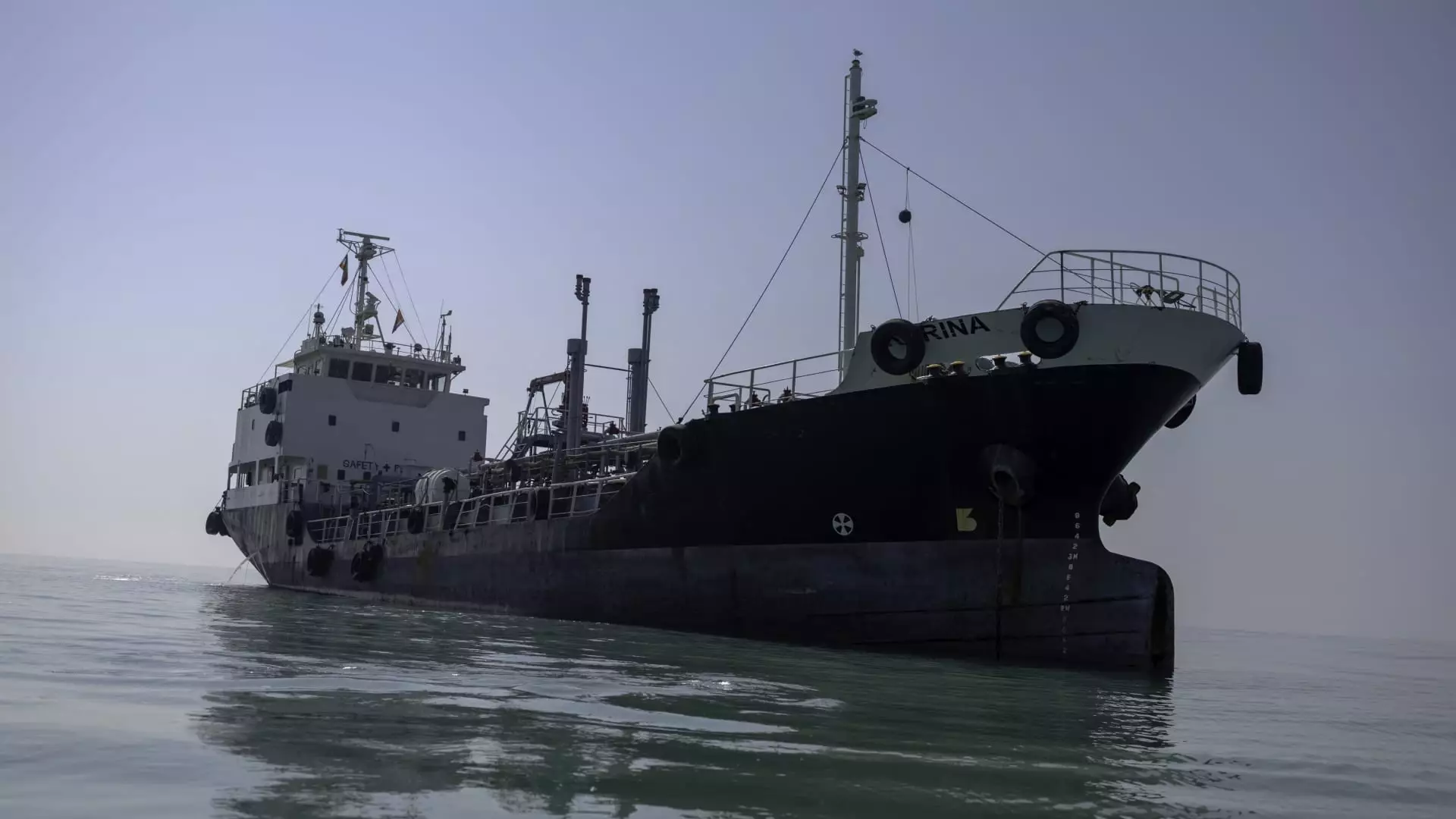The surge in maritime insurance premiums resulting from the Israel-Iran conflict reveals a troubling reality for global trade. Marine insurers, responding to the heightened risks, have raised their rates significantly—now charging 0.2% of a ship’s value for voyages into the Persian Gulf, a stark increase from 0.125% previously. This dramatic financial shift isn’t just a technical adjustment; it underscores the shifting geopolitical landscape in the Middle East. The increased scrutiny on insurance rates indicates that businesses are acutely aware that stability in the region is anything but guaranteed. The fact that the validity of quotes has been lessened from 48 hours to a mere 24 hours conveys just how rapidly the situation is changing—risk assessments that once felt more stable have now become a balancing act of real-time geopolitical analysis.
Maritime Trade on the Brink
The ongoing military exchanges between Israel and Iran have exacerbated an already volatile environment, pushing shipowners to reconsider their routes and operational strategies. Some are opting to avoid the Strait of Hormuz entirely, a decision that could have cascading effects on global oil supply and prices. The Strait, which serves as a vital choke point for oil transportation, is now fraught with geopolitical uncertainty that could lead to substantial logistical disruptions. Industry experts are expressing alarm over a “modest drop” in traffic through this crucial waterway, a trend that can have catastrophic repercussions for energy prices worldwide. The fear is palpable; a significant limitation on oil transit could send ripples through the global economy, driving up costs for consumers and businesses alike.
The Broader Implications of Conflict
The conflict isn’t isolated to the tangible impacts on shipping and insurance; it’s a litmus test for international intervention and policy responses. Observers are holding their breath as they contemplate the potential for broader military engagement in the region. Any U.S. involvement could fundamentally alter the landscape and intensify hostilities. The precariousness of the situation has caused many stakeholders to dig deeper into crisis management strategies and reassess their risk profiles. While local conflicts occasionally draw fleeting attention, the implications of a sustained conflict in such a geopolitically critical area deserve a spotlight that is focused and enduring.
Navigating an Uncertain Future
The implications of the Israel-Iran conflict extend far beyond insurance premiums or shipping routes—it’s a pressing reminder of the interconnectedness of our global systems. As maritime industries navigate through this stormy terrain, they must also grapple with the larger question: how do we achieve stability? With costs rising and uncertainties deepening, businesses must fortify their strategies against the currents of political animosity. This moment serves as a stark wake-up call for industries worldwide about the fragility of peace and prosperity in a world dominated by conflict. The maritime trade may continue its voyage, but the waters have never felt more treacherous. It is imperative for stakeholders to prioritize not just profitability but also the ethical dimensions of their operations as they face these turbulent seas.

